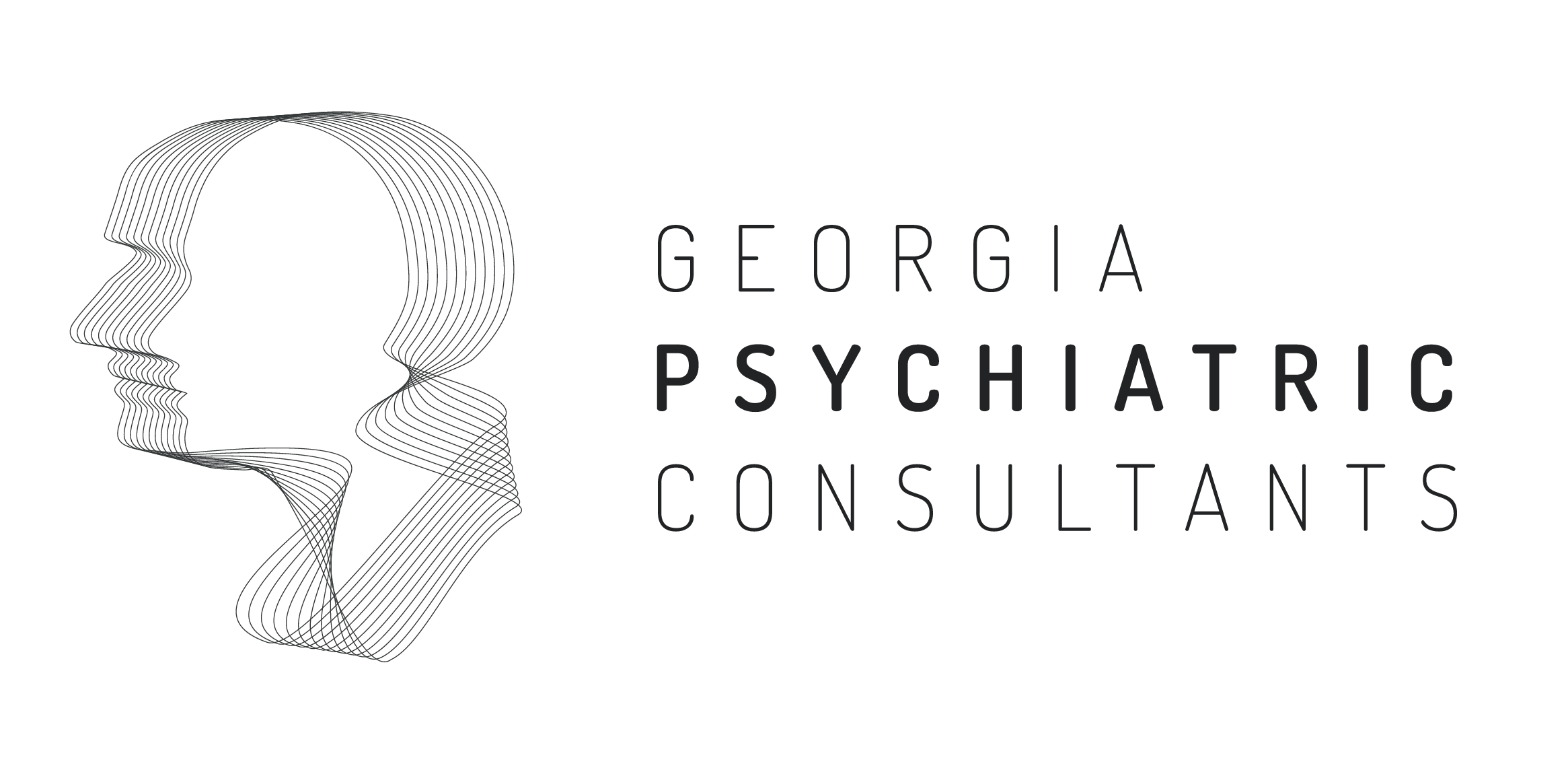
The National Institute on Aging (NIA) describes Alzheimer’s disease as a degenerative, irreversible, and incurable form of dementia that specifically affects parts of the brain that control thought, memory and language. According to the Center for Disease Control (CDC), Alzheimer’s disease causes as many as 50% – 70% of all dementia cases. Here are 10 Alzheimer’s warning signs according to the Alzheimer’s Association:
- Memory Loss That Disrupts Daily Life: Forgetting recently learned information, important dates or events, asking for the same information over and over, and having an increased reliance on memory aids such as reminder notes are common signs of Alzheimer’s but occasionally forgetting names or appointments are not.
- Challenges in Planning or Solving Problems: Having trouble following a familiar recipe, keeping track of monthly bills, and taking much longer to do things than before are possible signs of Alzheimer’s but an occasional mathematical error is not.
- Difficulty Completing Familiar Tasks at Home, Work, or Leisure: Having trouble driving to a familiar location, managing a budget at work, or remembering the rules of a favorite game are signs of possible Alzheimer’s but needing help with a new electronic device is not.
- Confusion with Time or Place: Losing track of dates, seasons, the passing of time, or how they arrived at a place can signal possible Alzheimer’s, but temporarily forgetting the day of the week is not.
- Trouble Understanding Visual Images and Spatial Relationships: Difficulty reading, judging distance, and determining color or contrast, can indicate possible onset of Alzheimer’s but age related vision changes due to cataracts is not.
- New Problems with Words in Speaking or Writing: Trouble following or joining a conversation or stopping in the middle of a conversation due to struggles with vocabulary, could be a sign of Alzheimer’s but having trouble finding the right word sometimes is not.
- Misplacing Things and Losing the Ability to Retrace Steps: A person with Alzheimer’s may put things in unusual places, causing them to become lost because they are unable to go back over their steps to find them again. Simply misplacing things from time to time and retracing steps to find them is a simply a typical age-related change, not an indicator of Alzheimer’s
- Decreased or Poor Judgement: Changes in judgment or decision-making, such as giving away large amounts of money to strangers or having problems with grooming are two indicators of possible Alzheimer’s but making a bad decision every once in a while is not.
- Withdrawal from Work or Social Activities: Suddenly not having an interest in hobbies, social activities, work projects, or their favorite sports team may be a sign of Alzheimer’s but occasionally feeling weary of work, family and social obligations is not.
- Changes in Mood and Personality: Becoming confused, suspicious, depressed, fearful or anxious at home, at work, with friends or in places where they are out of their comfort zone could be signs of Alzheimer’s but becoming irritable if their routine is disrupted is not.
If you notice any of these warning signs in yourself or someone you love, don’t ignore them. Schedule an appointment with your doctor and if a diagnosis of Alzheimer’s is made, your doctor can help you find appropriate treatment and counseling at Georgia Psychiatric Consultants.


